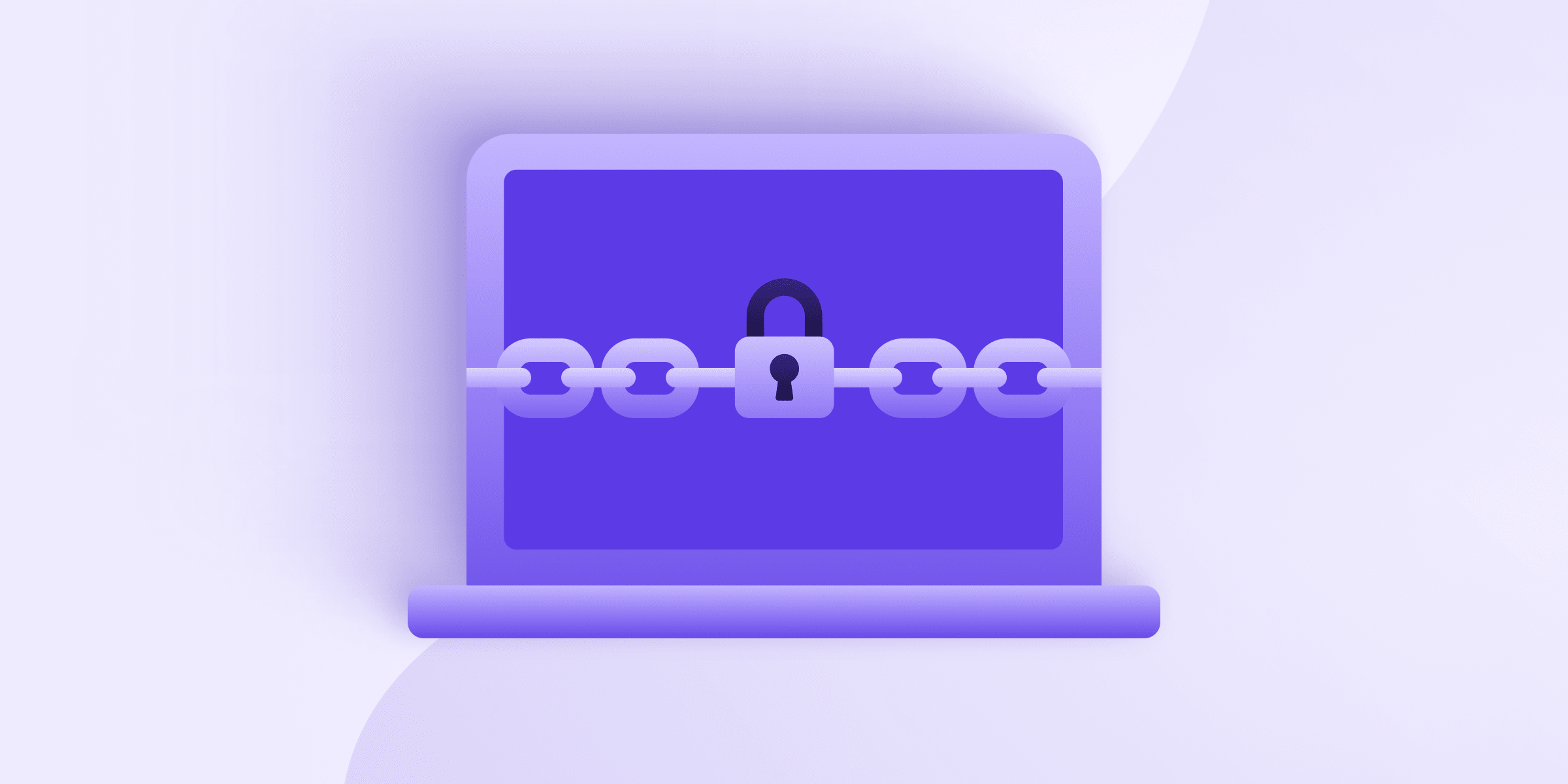OpenPGPjs is the world’s most popular open source JavaScript PGP email encryption library and is used by millions of end users and hundreds of developers.
We are happy to announce that Proton Mail will become the primary maintainer of the OpenPGPjs project(new window). We would like to thank Tankred Hase(new window), formerly the co-founder of whiteout.io, for his many years of effort developing the project as the previous maintainer, and we wish him the best of luck in his future endeavors. OpenPGPjs is a core part of Proton Mail, and we look forward to continuing to improve and extend it with the rest of the OpenPGPjs community.
What is OpenPGPjs?
OpenPGPjs is an open source email encryption library which powers the Proton Mail web application. It is a JavaScript implementation of OpenPGP (RFC 4880(new window)) which is the standard implementation of PGP email encryption. Proton Mail’s secure email service is based upon PGP (Pretty Good Privacy) because it is the world’s most trusted and reliable email encryption protocol. Since it was first formulated in 1991, PGP has undergone extensive peer review and scrutiny which makes it a good choice for securing email data.
In addition to Proton Mail, OpenPGPjs is used by the Mailvelope(new window) browser extension, GlobalLeaks(new window), and many other JavaScript PGP applications. Since originating from Recurity Labs(new window) in Berlin, OpenPGPjs has grown to become used by several million end users. We have been actively involved in improving OpenPGPjs for several years, mostly focusing our efforts on increasing performance. Proton Mail was a major contributor of code to the latest major version (2.x) of OpenPGPjs and thus was a natural choice to take over as primary maintainer of the project.
The future of email encryption with OpenPGPjs
Our primary mission at Proton Mail is the protection of privacy via widespread adoption of encrypted communications. We feel strongly that this requires a robust, performant, open-source PGP implementation in JavaScript, the language of the web. OpenPGPjs is that implementation, and we are committed to its continued development.
We are committed to open source cryptography and believe strongly that this is the only way to continue the development of Proton Mail’s encrypted email service. With OpenPGPjs as a base, we will soon be able to reach our goal of full PGP support within Proton Mail. We are committed to keeping the development of OpenPGPjs transparent and maintaining a high level of flexibility so it can be easily incorporated into other web projects that have a need for PGP encryption. To do this, we will need the continued support of the community, so we welcome pull requests and comments. We will also endeavor to provide a reasonable level of support to the OpenPGPjs developer community.
Going forward, we have a long list of additional improvements we would like to make to OpenPGPjs, and we will define a roadmap soon with the developer community. If you would like to participate, you can follow OpenPGPjs on Github and Twitter.
Github: https://github.com/openpgpjs/openpgpjs(new window)
Twitter: https://twitter.com/openpgpjs(new window)
Please consider supporting Proton Mail by upgrading to a Paid Account. Your support allows us to continue to develop Proton Mail encrypted email as free and open source software(new window).










